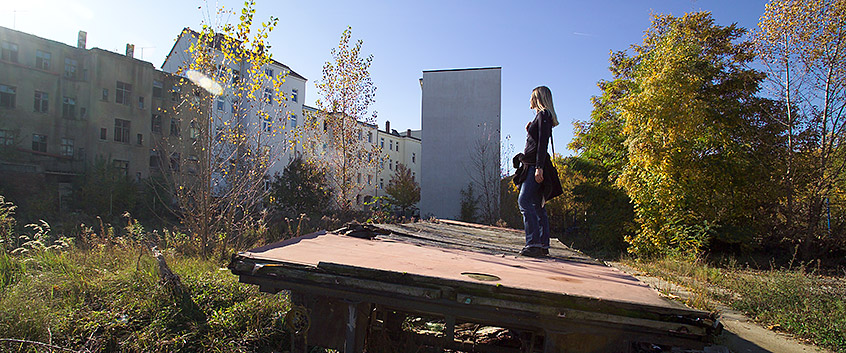
Department of Urban and Environmental Sociology
Urban and Environmental Sociology are fields of study focussing on societies’ relations with their built and natural environments, typically emphasising the social and cultural dimensions of ecological problems.
Our current research combines conceptual and empirical research with an overall focus that engages with topics at the intersection of urban development and ecological processes. In the interdisciplinary tradition of geographical and sociological human ecology, we focus specifically on:
- societal adaptation and transformation processes, exemplified e.g. at extreme weather events or in the energy sector,
- sustainable development at urban and intraurban, regional as well as internationally comparative scales,
- decision making under situations of emerging risks, uncertainty and knowledge gaps (non-knowledge),
- advancing new social science methodologies such as participatory and co-design approaches, natural language processing or serious gaming.
One of the central tasks of sociologically informed research at UFZ is to deliver a better understanding of the related cultural and social foundations of human–environment relations that are relevant to fostering a sustainable and just society.
Methodologically, we cover a full range of methods of empirical research, including computational methods, in-depth qualitative studies, different dialogue formats, participatory approaches as well as questionnaire-based surveys and statistical analyses. Most importantly, our methodologies complement natural science perspectives. This is important since the perception of environmental topics depends not only on their physical-material constitutions but also on different societal conflicts, mass media, cultural constructions, and public narratives of all sorts. Our disciplinary backgrounds include expertise in human geography, sociology, cultural studies, science and technology studies (STS), urban planning, and different environmental sciences. We work closely with natural and engineering sciences, with numerous research partners worldwide, and with policy makers, civil society actors, and practitioners. Due to our interdisciplinary perspectives and a long tradition in transdisciplinary work, we often take the roles of translators and facilitators in research projects – enabling heterogenous teams to find a common language.
Our team of scientists is heavily involved in third party funding, high quality scientific publishing and editing (including journal editorships and full-length monograph authorships). The department also hosts the editorial office of the interdisciplinary journal Nature + Culture. Many department members also serve as experts in exchange with municipal stakehoders, bodies and boards, advise-givers for policy and decision makers at national and international scales.